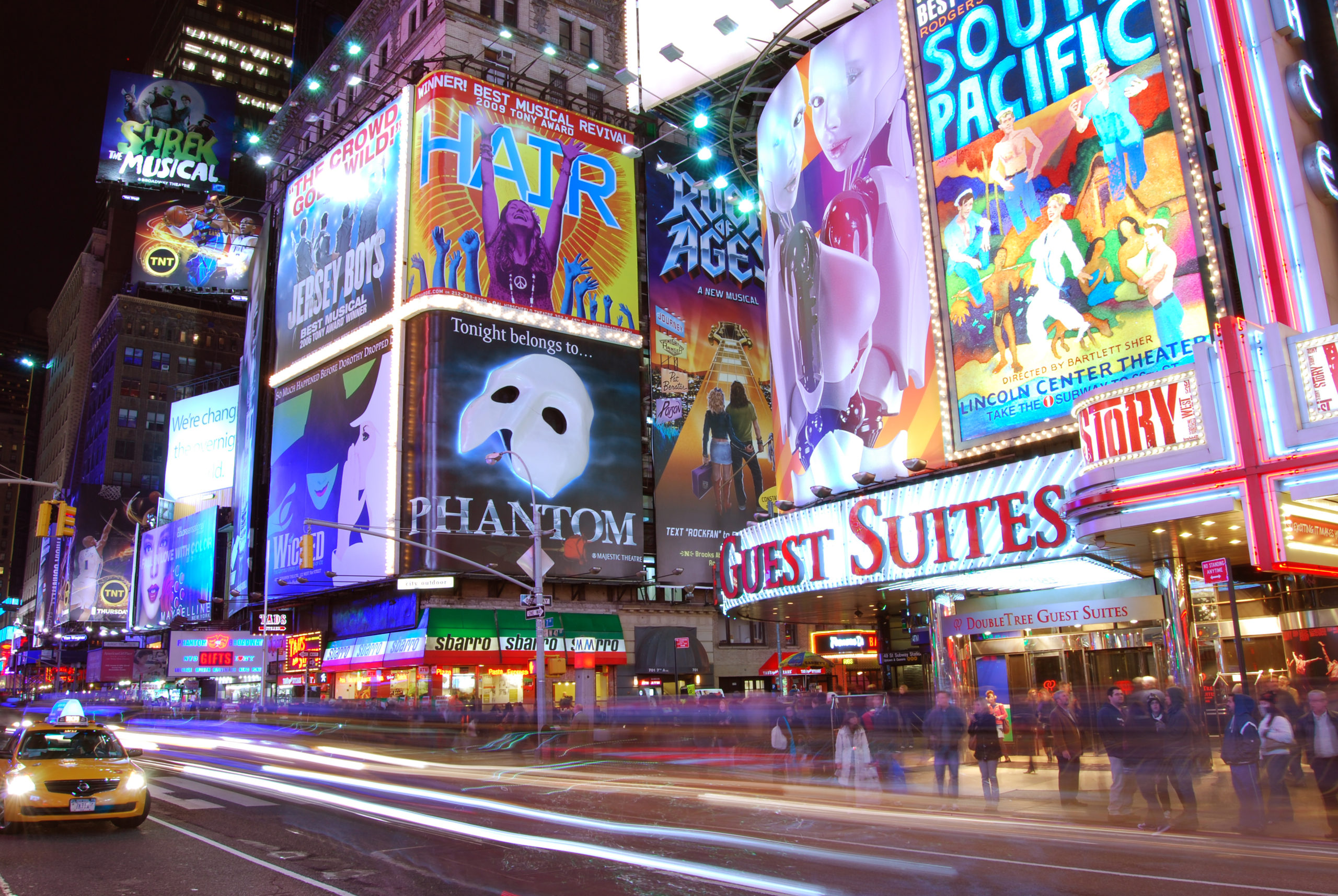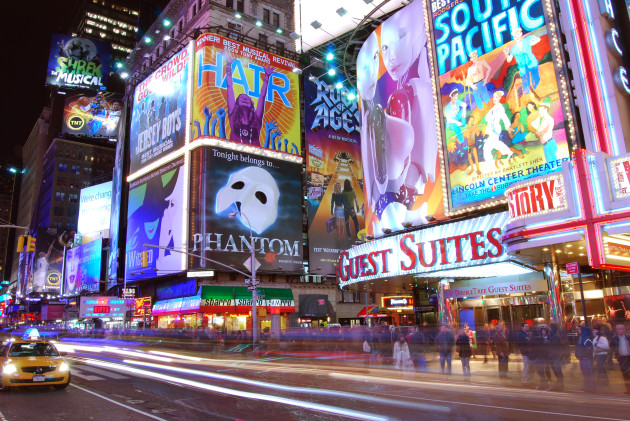
Gender Plays Out on B’way

The theater was packed—there had been long lines outside as invited guests and hopeful members of the public jostled to enter and find seats. Inside, the stage of the August Wilson Theater, which opened in 1925 with a production of George Bernard Shaw’s “Caesar and Cleopatra,” was filled with theater luminaries. It was December 6, 2016, and the 1,200 or so people in attendance were gathered to pay tribute to Edward Albee, who had died two months earlier at the age of 88.
It was a lovely event, filled with anecdotes from colleagues and excerpts from Albee’s plays delivered by well-known actors, and I was happy that a friend had invited me along. It slowly dawned on me, however, that among the dozens of speakers who rotated on and off the stage, there was only one female playwright. That was Emily Mann—and she was introduced not as a playwright but as a director, which was indeed her role in Albee’s life. Everything said on the stage was appropriate for the occasion, including the comments by Terrence McNally, John Guare, Arthur Kopit and Will Eno, all fellow playwrights who, like Albee, have had shows produced on Broadway, the pinnacle of American commercial theater.
But wait, I thought to myself, where are the women?



